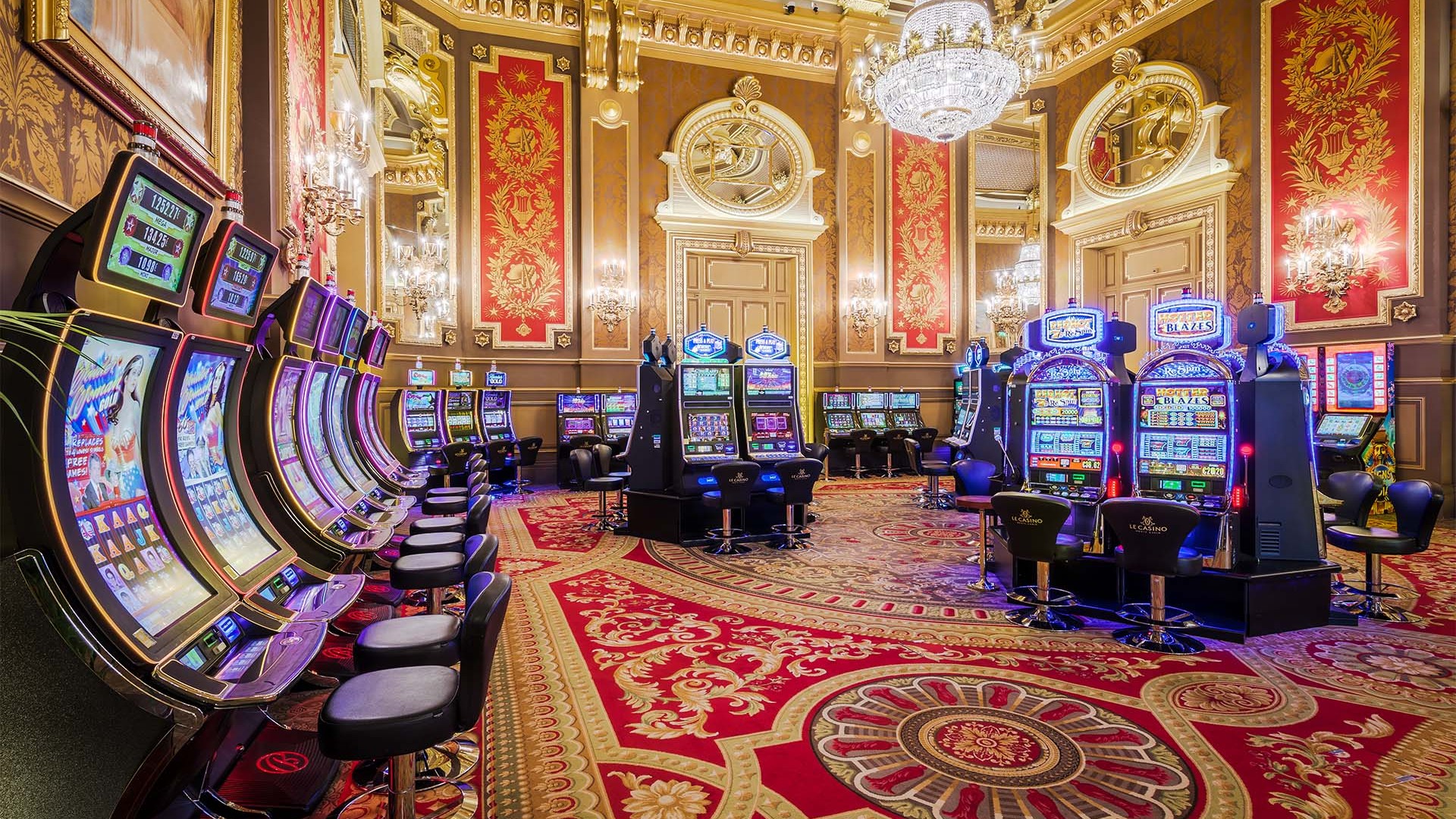
In the world of gambling, where chance and strategy intersect, a unique tapestry of beliefs unfolds—one that weaves together luck, fate, and the enigmatic nature of casino games. Casinos, bustling with excitement and anticipation, are not just venues for placing bets; they are also arenas in which superstitions thrive. From the novice player to the seasoned gambler, these mysterious practices often shape how individuals approach the games they play, believing that their actions can affect the outcome in ways that go beyond mere probability.
As players gather around roulette wheels, blackjack tables, and slot machines, the atmosphere is thick with stories of lucky charms, rituals, and codified behavior that defy logic yet provide a sense of comfort. It could be the case that it’s wearing a specific outfit, following a particular sequence of bets, or even avoiding certain numbers, the attachment to various superstitions reflects a deep-rooted desire to master the uncontrollable. This article delves into the captivating world of casino game superstitions, investigating the beliefs that both entertain and mystify those who dare to play.
Historical Beginnings of Superstitions
Casino games have long been entwined with an host of superstitions that trace to early civilizations. The origins of these ideas can be linked to humanity’s innate need to manage the uncertain outcomes related with luck and randomness. In early civilizations, activities of chance were often connected to ritualistic practices. Players would seek aid or seek favor from spirits, believing that their actions could influence the odds in their advantage. This basis laid the foundation for the variety of superstitions that proliferated as gambling evolved over centuries.
During the medieval period, gambling became a widespread pastime across European nations, and with it, a diverse tapestry of superstitions appeared. Players adopted numerous rituals and charms, believing they could affect the consequences of games. The significance of digits, in particular, started to manifest in superstitions around card games and dice. The number seven was often considered lucky, while other numbers carried negative connotations. xem bóng đá okwintv These beliefs mirrored the social contexts of the time, changing as they passed through generations and changed to emerging gaming environments.
As casinos developed in the 1600s, particularly in the Italian peninsula and the French nation, the atmosphere surrounding betting became saturated in enigma. The growing availability of casino activities allowed for the expansion and variation of superstitions among players. Concepts like lucky charms, designated seating positions, and rituals gained importance, creating a unique culture within gambling establishments. As these traditions continued to thrive, they became essential to the identity of gambling activities, illustrating how history and society shape the notions that influence how players engage with chance.
Popular Gambling Myths
Superstitions surrounding gambling games are abundant and varied, reflecting the dreams and fears of gamblers as they participate in chance-based games. One of the most common beliefs is that specific numbers bring fortune or misfortune. For example, the digit 7 is often seen as a favorable number, frequently sought after by players looking for a favorable result. Conversely, the number 13 is routinely considered unlucky, leading many gamblers to avoid it during their gambling periods.
Another common belief relates to rituals that gamblers believe can affect their chances. It could be blowing on dice before a roll, using a particular hand to place a bet, or even wearing specific items of clothing, many individuals feel that these actions can tilt fate in their benefit. These practices offer a sense of control in an otherwise unpredictable environment, reinforcing the idea that fortune can be created through personal convictions and customs.
Lastly, the ambiance and vibe of the casino itself contributes to myths. Many players suggest that the presence of certain symbols, such as four-leaf clovers or fortunate tokens, can enhance their chances of winning. okwintvokwintv trực tiếp bóng đá Additionally, gamblers might adhere to the notion that victory streaks can be interrupted by mundane events, such as someone walking past or a spill at the gaming surface. The shared environment in a casino can amplify these beliefs, creating a shared culture of myths that transcends individual experiences.
Impact of Superstitions on Players
Beliefs play a crucial role in the mindset of casino players, often influencing their actions and decision-making. A lot of gamblers think that fortune can be influenced through various rituals, such as wearing a lucky charm, choosing particular hues, or avoiding certain numbers. This dependence on superstitions can create a sense of authority in an environment that is intrinsically unpredictable. Players often feel more self-assured and involved when they think that their actions could sway the outcome of a game in their advantage.
The influence of these superstitions extends past individual players, affecting the overall atmosphere within the casino. For instance, a player who believes in the luck of a certain slot machine might draw a crowd, as onlookers are intrigued by their apparent success. This collective belief can amplify excitement and create a lively environment, leading to an engaging experience even for those who may not necessarily be superstitious. The buzz around certain games can lead to increased participation and extended playing sessions, supporting the casino’s lively social scene.
In some cases, superstitions can lead to harmful effects for players. Depending too heavily on rituals can result in bad gambling decisions, as some may overlook basic strategies in favor of unfounded beliefs. Additionally, the pressure to perform rituals may increase anxiety and stress levels, diminishing from the pleasure of the experience. Ultimately, while superstitions can enhance the thrill of playing casino games, they can also lead to foolish choices that overshadow the enjoyment and entertainment intended in the casino experience.